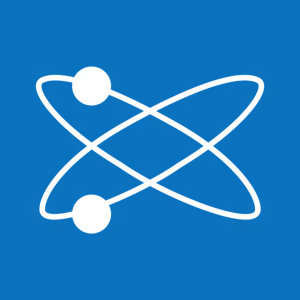Cellens Announces Collaboration with Bruker BioAFM to Advance Mechanobiology Technology for Cancer Detection
There are clear and unmet challenges in detecting and monitoring the recurrence of bladder cancer that Cellens can address for patients and clinicians. Accurate, non-invasive testing for bladder cancer will enable physicians to guide patients to endoscopic or surgical treatment faster, improve patient compliance, and provide greater access to care.
“Atomic force microscopy is an invaluable tool for studying the biomechanical properties of cancer cells, with recent groundbreaking advances in scanning speeds, throughput, and automation extending its use in diagnostic research,” commented Dr. Heiko Haschke, Director of Bruker’s BioAFM Business. “We look forward to working together with Cellens to unlock novel clinical diagnostic applications for the technology.”
“The collaboration is a significant step forward in our effort to generate large-scale, clinically relevant datasets of cell biophysical properties that enable unprecedented accuracy for non-invasive cancer detection,” added Jean Pham, Co-founder/CEO of Cellens. “As the market leader in BioAFM instrumentation, Bruker brings extensive experience in the development of innovative AFM systems with outstanding automation capabilities and unmatched speed for evaluating challenging biological samples in a clinical setting.”
Cellens’ proprietary platform detects nanoscale, biophysical changes on a single cell level to identify which cells carry cancerous signatures. The technology can have applications in multiple cancers using cells extracted from bodily fluid samples, such as voided urine, smear, and saliva. The company expects to offer non-invasive tests for many cancer types where current standards of care are invasive, costly, and labor-intensive.
About Cellens, Inc: Leveraging the power of cell mechanobiology and machine learning, Cellens provides novel cellular insights on the stage of disease and detects cancer with high accuracy. Originating from a technology invented at Tufts University, the company has been supported by the American Cancer Society’s BrightEdge, the National Science Foundation, and the Massachusetts Life Sciences Center.
View source version on businesswire.com: https://www.businesswire.com/news/home/20240625056154/en/
Jean Pham
Co-Founder/CEO
contact@cellensinc.com
857-285-3227
Source: Cellens, Inc.







